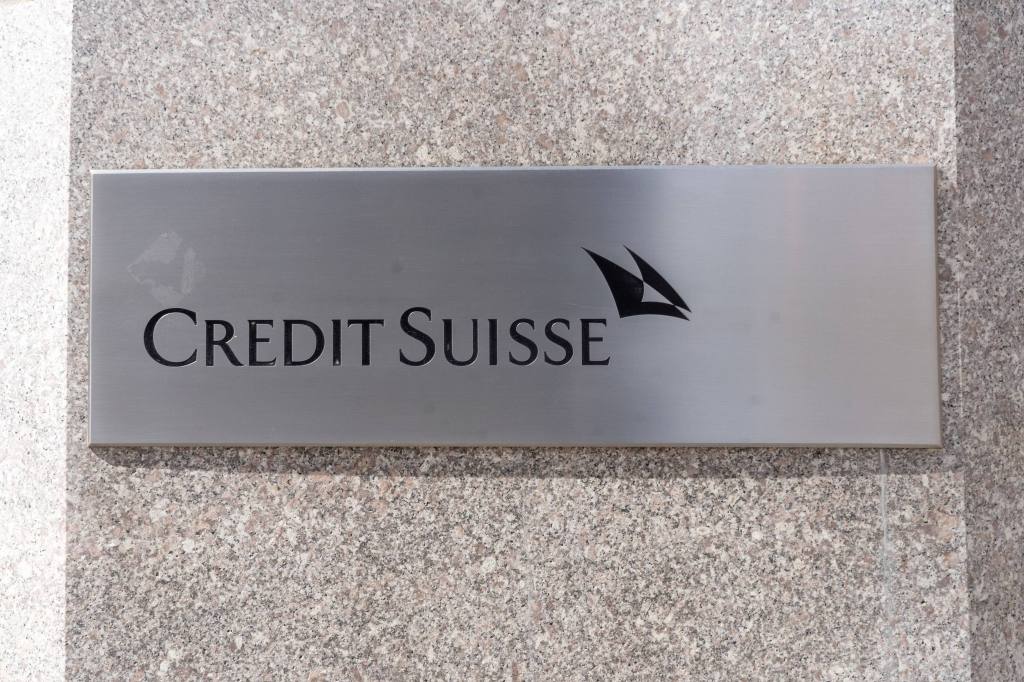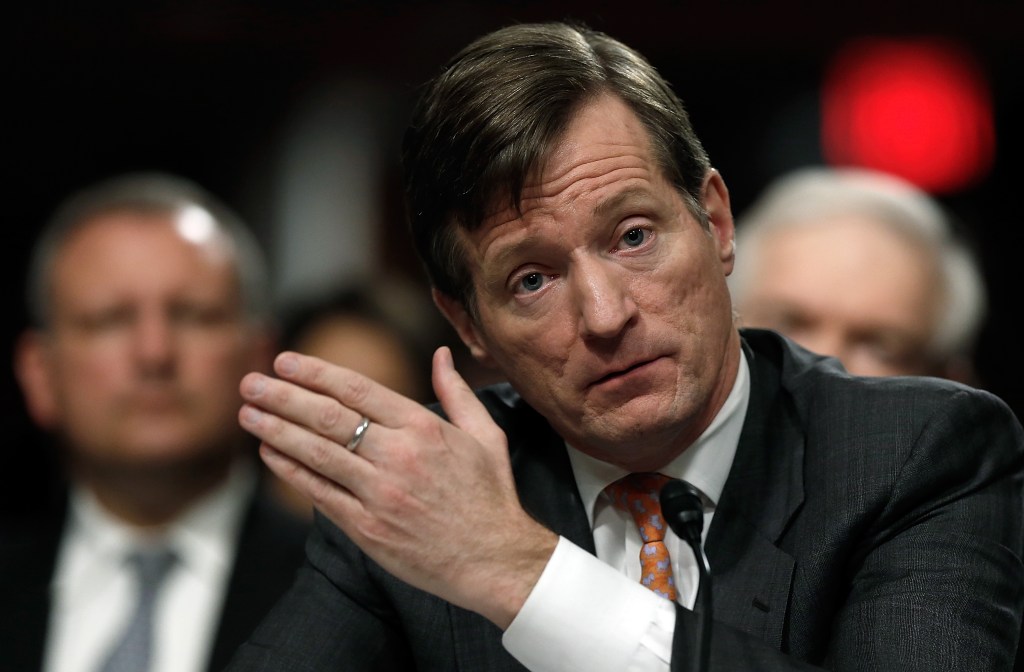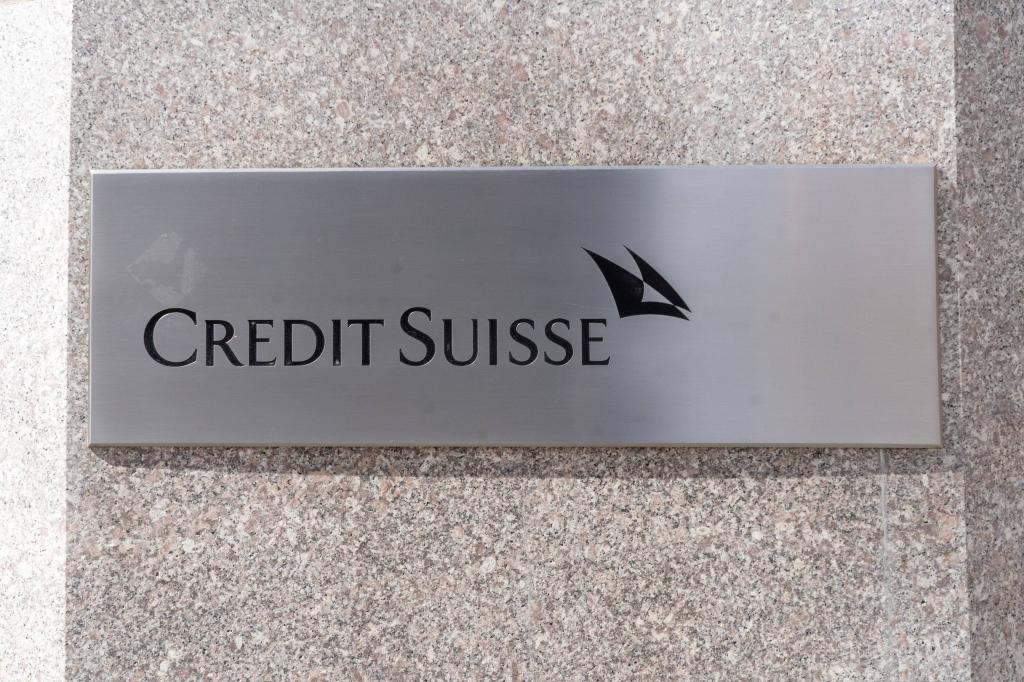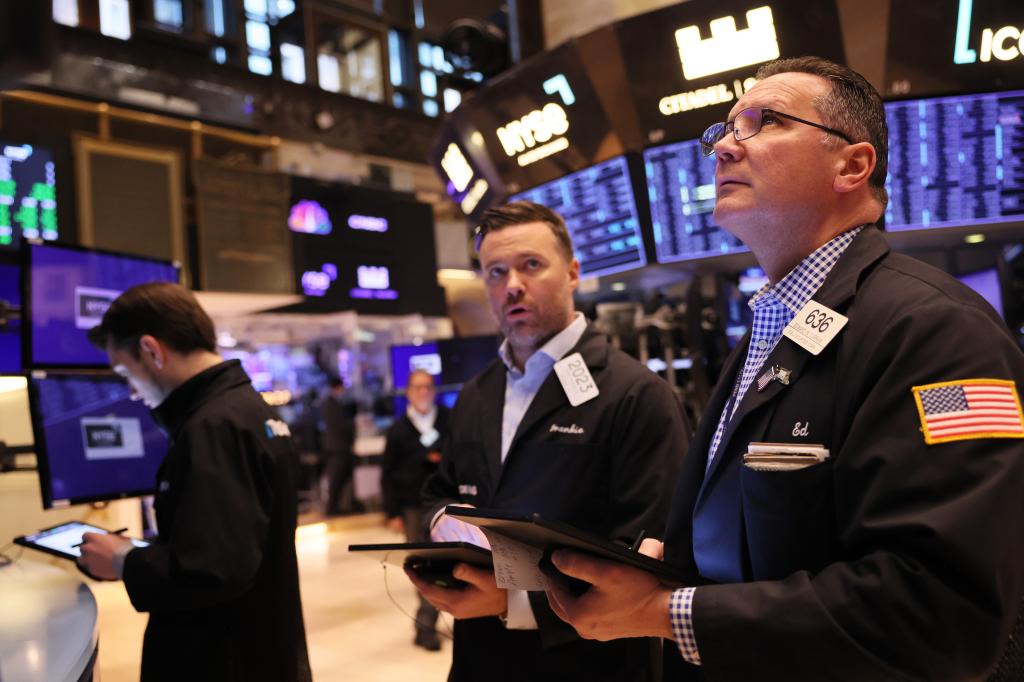Credit Suisse investors sue over bank’s demise — and blame ‘toxic culture’ at NYC office
A group of Credit Suisse creditors who took some of the $17 billion hit that fueled the bank’s demise are suing its former executives — and are blaming a “toxic culture” at its New York offices.
The bondholders slammed the 167-year-old financial giant for evolving from a “conservative Swiss private bank” to an institution riddled with “sharp-elbowed New York investment bankers” that “valued short-term gain over long-term trust.”
Bondholders in Paris, Luxembourg, and St. Peter Port, Guernsey, blamed much of Credit Suisse’s descent into turmoil on a toxic work culture that was established in the bank’s New York offices, according to a complaint filed late Tuesday in Brooklyn.
In the suit, the investors alleged executives at Credit Suisse’s New York headquarters incited a toxic work “culture in which profits were prioritized over sound risk management” where executives went, “at times, (to) unethical illegal lengths to acquire and retain high-revenue customers,” which resulted “in a series of very public scandals,” the suit says.
Several American defendants were named in the class-action suit, including former CEO Brady W. Dougan; Eric Varvel, the ex-boss of Credit Suisse’s investment banking division; investment banking boss James L. Amine; and Timothy P. O’Hara, the head of global markets.
This sentiment became the “dominant culture” at Credit Suisse when Brady Dougan was promoted from a trader with Credit Suisse First Boston (CSFB) — the bank’s New York-headquartered investment banking arm — to CEO in 2007, the suit alleges.
Investors who filed the suit claim the culture is still prevalent today, even after Dougan’s reign ended in 2015 and he was replaced by Tidjane Thiam, a French and Ivorian citizen who resides in New York City and held the head honcho role until February 2020.
Thiam was recognized in the suit for noting that “cultural issues can’t be resolved overnight,” though his shoddy attempts to incite change “failed to roll back the influence of the US-focused investment banking [and] lax risk management,” the suit says.
“The ghost of CSFB haunted Credit Suisse for years and finally brought it down,” the court documents added.
The plaintiffs — which include bondholders of Credit Suisse Additional Tier 1 Capital (AT1) from Jan. 12 to March 19, 2023 — are seeking financial damages, which will be determined at a later trial.
AT1 bonds, which were created after the 2008 financial crisis to avoid the need for government-funded bailouts, are known to yield hefty returns in good times, though they take the first hit when banks run into trouble.
A spokesperson for Credit Suisse declined to comment.
UBS, Switzerland’s largest bank, completed its acquisition of rival Credit Suisse on June 12 after purchasing the embattled bank for more than $3 billion in an emergency deal back in March.
Shares of UBS stock fell less than 1% and were trading at $20.05 as of Wednesday’s opening bell, the morning after the lawsuit was filed.
In the six weeks after UBS rushed the government-backed deal, at least 120 claims were filed against the Swiss banking watchdog’s decision to erase $18 billion worth of high-risk bonds as part of the deal, Bloomberg reported.
UBS estimated a negative impact of $17 billion from the takeover — $13 billion from fair value adjustments of the combined group’s assets and liabilities, and $4 billion in potential litigation costs.
UBS, however, also estimated it would book a one-off gain stemming from the so-called “negative goodwill” of $34.8 billion by buying Credit Suisse for a fraction of its book value.
The bank said the estimates were preliminary and the numbers could change materially later on.





